Food delivery apps:
Utilizing apps for food delivery makes it easy to get meals from nearby businesses with only one swipe of your smartphone. Clients place their orders from different businesses using online food delivery applications. Without knowing the precise delivery date, you may make your order over the phone and either wait for the delivery person to arrive or go to the restaurant to pick it up. Customers may find their preferred restaurants and cuisine via online services.
Why create an app for food delivery?
Online food delivery services earned $107.44 billion in sales in 2019 and are projected to increase by 9.9% annually to $156.82 billion by 2023, according to Statista.
More and more business owners are embracing smartphone applications to break into the on-demand food delivery sector as a result of the market opportunity. The only thing is that delivery services for meals never go out of style.
The 4 business plans for food delivery applications are as follows:
1. Order-only model:
First-generation restaurant delivery businesses like JustEat, Grubhub, and Delivery Hero pioneered the order-only approach. In this paradigm, the service provider takes on the role of a pure software layer, aggregating the menu options of independent restaurants and assisting in broadening market penetration. These aggregators don’t provide distribution services.
This model’s key selling point is that it brought new orders to restaurants, while also replacing obsolete phone ordering systems with efficient mobile and online platforms. Food ordering applications link clients to nearby eateries and promote restaurant relationships. Customers may easily look for and order groceries using the grocery ordering site. Order-only systems earn money by charging restaurants a 7% to 15% charge.
2. Model of order and delivery:
The ordering and delivery model evolved from the initial concept followed by firms like Uber, Zomato, and DoorDash. The service provider introduces extra orders and requests to the restaurant and offers its own logistics network to serve the restaurant’s orders via a fleet of independent couriers under this approach.
Restaurants, grocery stores, and delivery services use the ordering and delivery platform to manage logistics.
During peak periods, corporations raise prices and charge above-standard delivery costs. Customers can charge freight and the ordering and shipping service cuts the cost of each order by 20-30%.
3. Cloud Restaurant Concept Model:
In this approach, the restaurant does not provide in-house dining services and instead functions as a delivery service. The cloud kitchen prepares food when a user orders it through an app or website. Delivered via your delivery service or a delivery service provider, minimizing the need for a large amount of real estate.
4. Meal kit delivery model:
Although an unorthodox market, the meal kit delivery model is gaining ground in the food delivery sector, catering to clients who like book-based advice but do not have time to obtain all components. To cook depends on suggestions in this business.
Customers can pick vegetarian, non-vegetarian, or family, and they will receive all recipes and ingredients to cook the food appropriately. Different dishes are prepared in-house by chefs, and the meal kits are delivered by a team of delivery drivers. This is a specialized market.
Read Also: Know the difference! Food Delivery apps vs. Food Aggregator apps
Leveraging Food Delivery App business through streaming movies:
Inside the cinema, media and influencers queue for Taters snacks (Released/Foodpanda).
Media and influencers queue at theaters for Taters snacks (Released/Foodpanda).
A popular food delivery business has expanded its offerings to include meal discounts and client events.
Foodpanda introduced its new service on July 9th with an exclusive screening of Thor: Love and Thunder, the newest episode in Marvel’s Thor saga.
It was hosted in the Central Square Mall Cinemas in Bonifacio Global City, Taguig City.
Foodpanda also shared a recap video of the pandaproGanaps event on Facebook.
Pandapro is Foodpanda’s rewards program, which allows users to enjoy unique discounts from partner restaurants, locations, and other offerings.
The service has been expanded with #pandaproGanaps to include access to exclusive events, exclusive viewing of popular movies, and other incentives. As a result, Rewards Program members will not be excluded from interesting events and opportunities.
Customers in Manila, Cebu, Davao, and Cagayan de Oro can presently use Pandapro.
How to join Pandapro and take advantage of member benefits:
1. Launch the Foodpanda application. 2. To become a member, go to your profile and look for “Become a Pro.”
3. Choose a payment method.
4. Pay the annual membership cost
5. Click the eat-in tile if you are a member.
6. Locate and choose the place where you want to eat.
7. Please first verify with the restaurant staff. Then, redeem your unique promotions.
8. Enjoy your meal at a great price.
Rommel Rico, marketing director for the food delivery service, said the new feature for exclusive events was one of the company’s goals from the beginning. “Foodpanda is about making connections and sharing experiences,” he signs Rico.
Conclusion:
The food delivery app provides restaurants with the best deals and promotions and exclusive streaming of movies. This feature helps food delivery apps leverage their business. From a customer’s perspective, this is a great experience and has a big impact on them.

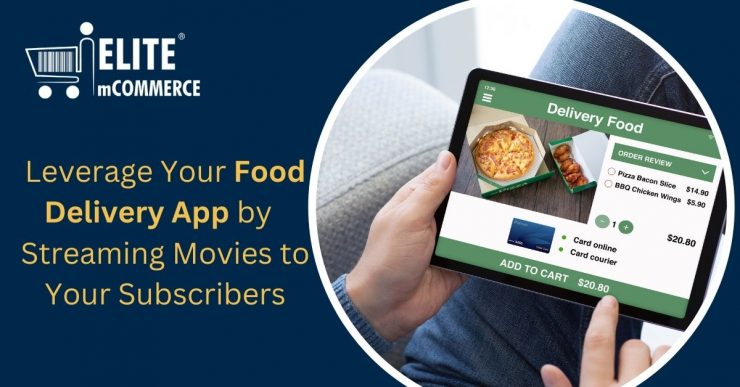


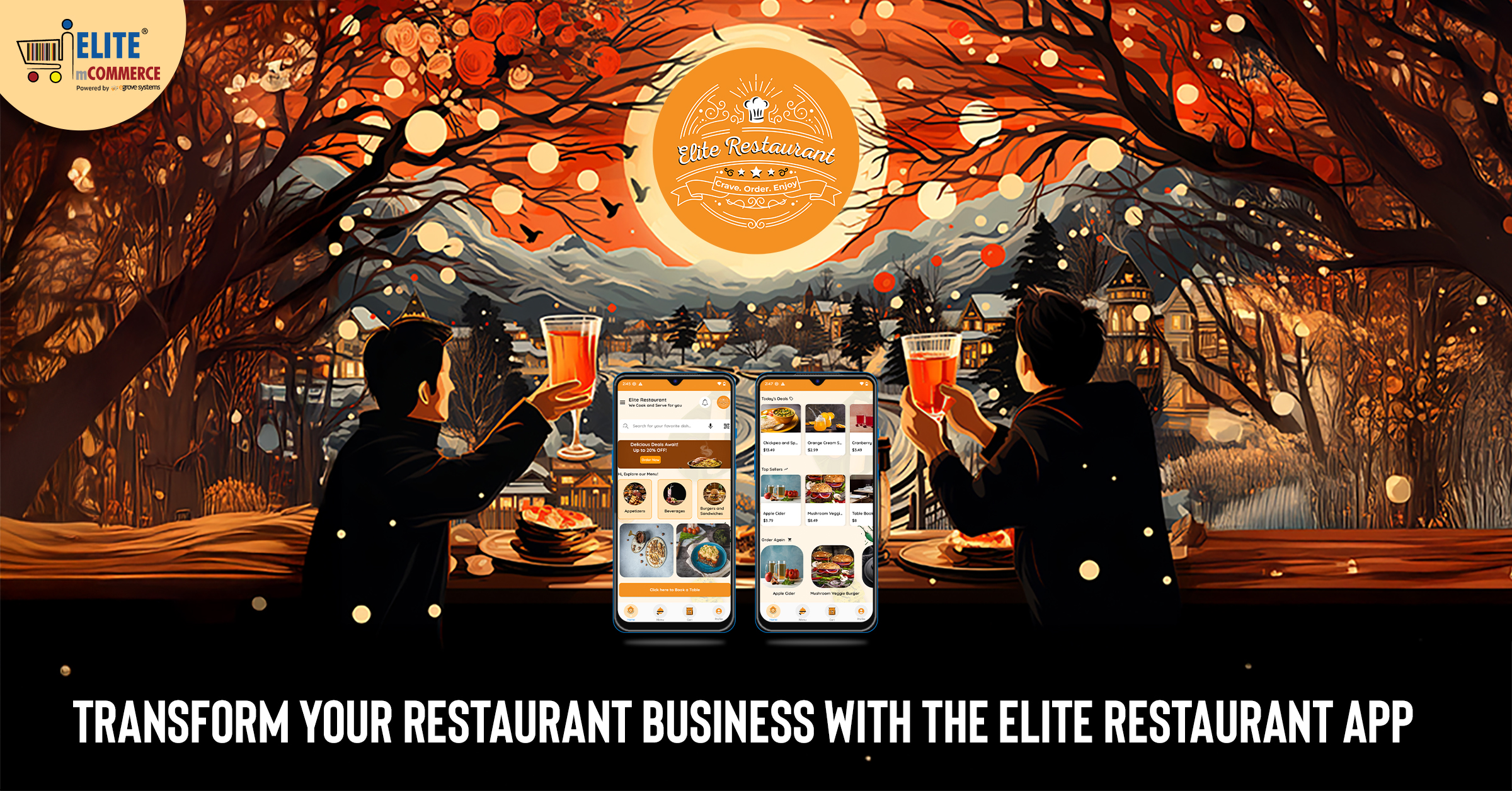
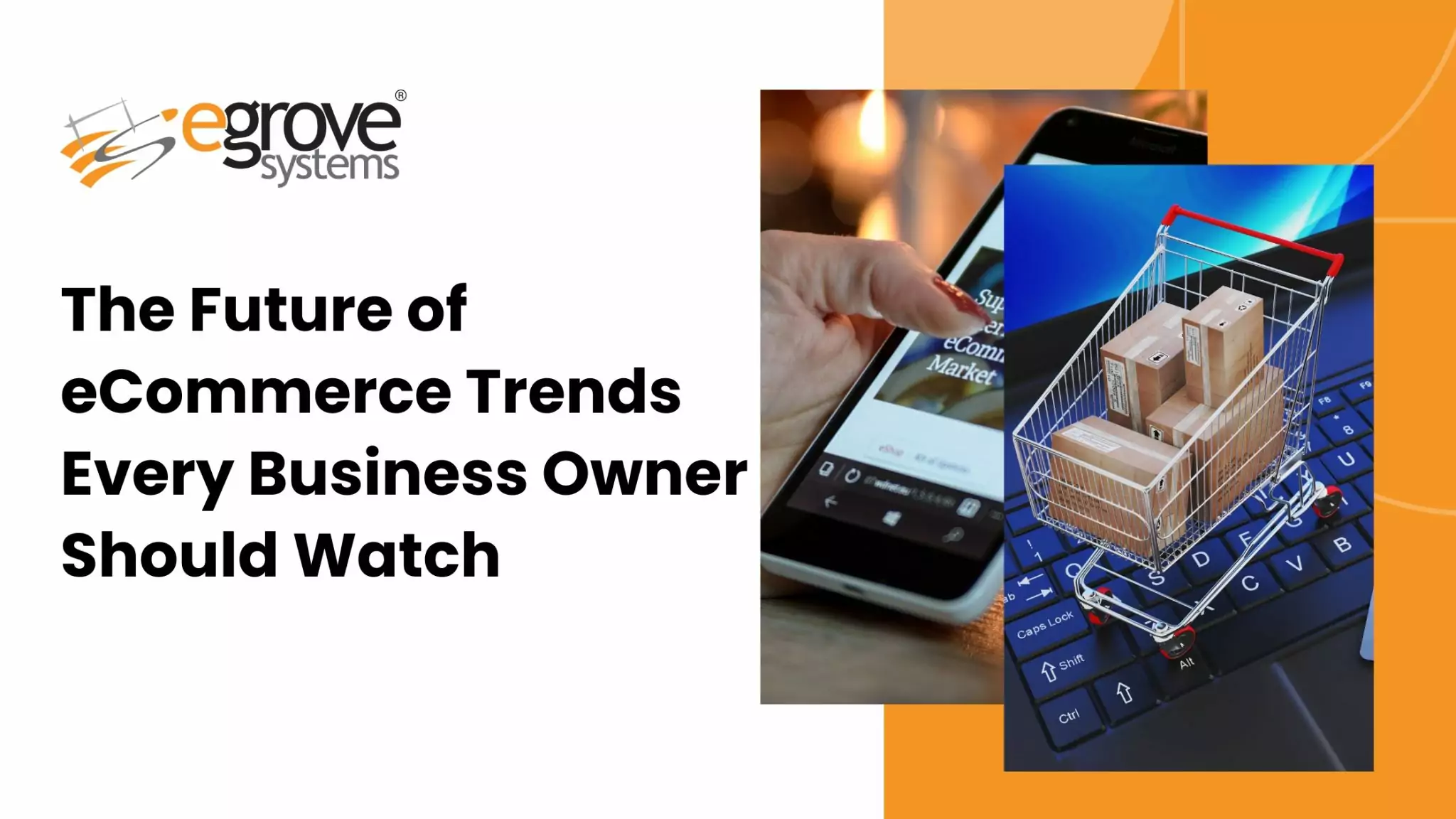
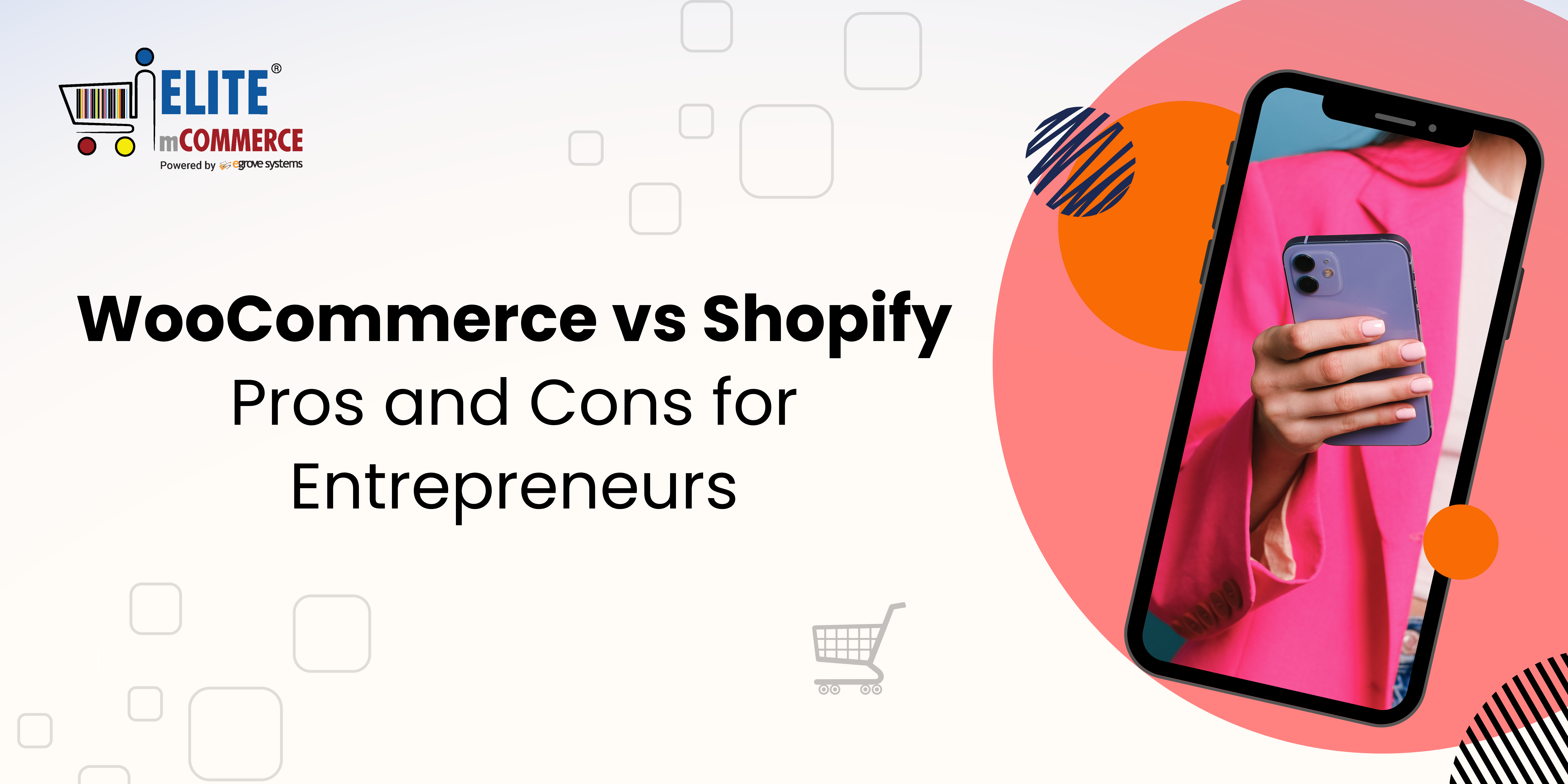
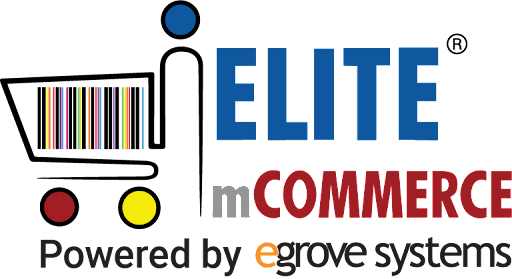
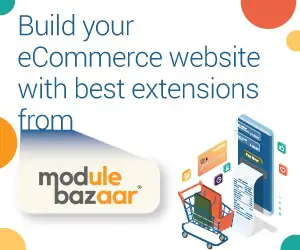
Add comment